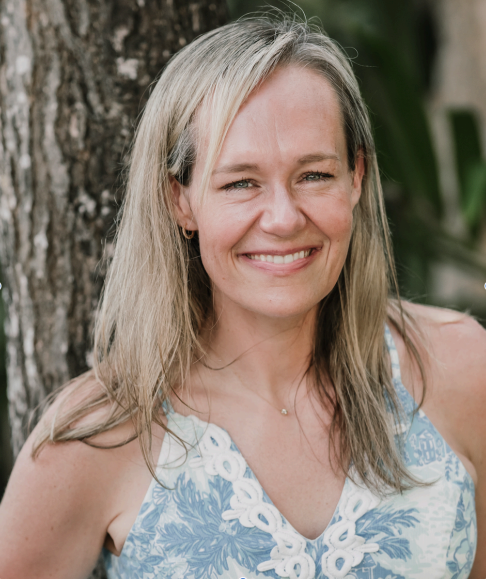About Dr. Kimberly Mosca Ph.D, BCBA-D, NYS LBA, SDL
Dr. Kimberly Mosca is an accomplished behavior analyst and leader in the field of special education with extensive experience in public and private school settings. In addition to school settings, Dr. Mosca has worked with children and their families in their homes and communities since 2008. She specializes in Applied Behavior Analysis (ABA), curriculum development, professional development, and parent training.
Most recently, Dr. Mosca served as Head of School of a private school for neurodiverse students ages 4 to 12. She led the school in developing a program that highlighted the need for individualized instruction for all students while focusing on both students’ strengths and needs. Dr. Mosca’s belief in building interdisciplinary teams to serve students and families was a prominent school community focus. This ensured that each student’s individualized program was built to serve the child and ensure that they made progress across all areas. She also led the school in partnering with community organizations to support the development of inclusive programs across New York City.
As an educator and behavior analyst, Dr. Mosca has worked with individuals with Autism Spectrum Disorders (ASD), other developmental disabilities, Attention deficit hyperactivity disorder (ADHD), learning disabilities, speech and language impairments, and emotional disabilities. Dr. Mosca also specializes in working with children from bilingual backgrounds and educates families and schools in the language development of bilingual children. Building relationships and rapport with individuals and their families is at the core of her practice, and she helps ensure that the individual’s voice is heard. She honors the client’s sense of agency and helps them build independence in all areas of their lives.

Dr. Mosca’s robust knowledge of student assessment and curricula across general education and special education has enabled her to support various schools in assessing their overall programming and enabled them to assess the need for change. She has trained teachers, behavior analysts, related service providers, and direct service providers (1:1’s, teaching assistants, etc.) to implement new curricula and make changes in instruction delivery. Dr. Mosca’s approach to education is team-based, recognizing each team member’s integral role in a student’s success. She believes in fostering children’s strengths, addressing their needs, and encouraging them to explore new interests.
As a school and district leader, Dr. Mosca has experience fostering a collaborative environment and working closely with special educators, general educators, clinicians, and related service providers. Her deep understanding of special education law is evident in her role as a chairperson for the Committee on Special Education meetings.
Dr. Mosca holds a Ph.D. and M.Phil in Behavior Analysis and Behavioral Disorders from Columbia University, an M.A. in Curriculum and Teaching specializing in Teaching as ABA from Teachers College, Columbia University, and an Advanced Certificate in School Building and District Leadership from the College of Saint Rose. She is a certified special education and general education teacher and school administrator in New York, as well as a Licensed Behavior Analyst (LBA) and a Board Certified Behavior Analyst-Doctoral (BCBA-D).
Prior to entering the field of special education, Dr. Mosca moved from Oregon to work at the Consulate General of Sweden where she had the opportunity to continue her love of the Swedish culture and language while learning everything that NYC had to offer. She later had the opportunity to work with Swedish-American children, teaching them Swedish at the Swedish School in the Hudson Valley and realized that her true calling was to be in education.
A proud mother of three, Dr. Mosca draws inspiration from her children to continually improve as a person and educator. She enjoys traveling with her family and being a soccer and baseball mom. She candidly acknowledges the challenges of implementing her knowledge in her personal life and understanding the complexities of human behavior. She encourages others to focus on progress rather than perfection as they navigate learning and behavior change.
